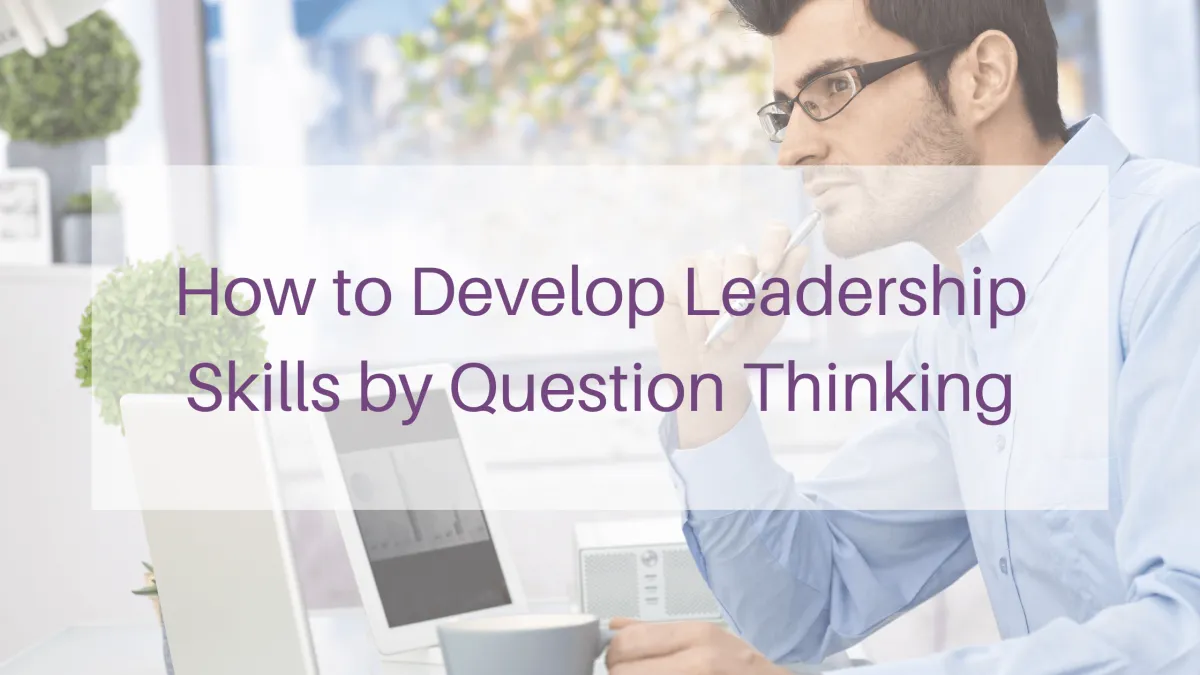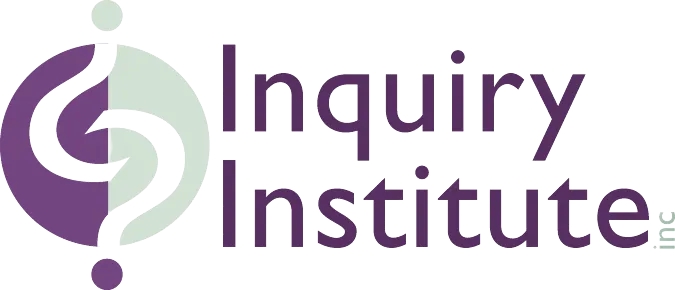Blog

How to Develop Leadership Skills
In today’s business and organizational life there is increasing awareness of the need for leaders who possess highly developed self-management and social skills.
Daniel Goleman, author of Emotional Intelligence, stated that as we become focused more and more on intellectual and knowledge-based services, people skills become “ever more important, in teamwork, in cooperation, in helping people learn together how to work more effectively.” David Rock reflected in Fortune magazine: “The ability to work well with other people in a group depends on our ability to appreciate other individuals’ emotions. A boss who knows what his staff members really want and care about will be able to design a better team environment than one who is simply focused on the elements of a project.”
Throughout Change Your Questions, Alexa, Joseph, and eventually Ben represent a composite of the virtues, qualities, and behaviors of what I’ve termed Inquiring Leadership. These abilities include being open-minded and curious as well as decisive. Inquiring Leaders are self-aware, self-reflecting, and committed to continuous development, both for themselves and for those around them. They are adaptive, creative, and comfortable with “not knowing” and not having all the answers. They think, collaborate, and lead strategically, advancing “ready-aim-fire” thinking and behaviors while avoiding “ready-fire-aim” ones. And of course, they intentionally ask many questions of themselves and others.
Following the tenet of good coaching, inquiring leaders understand that asking questions and listening deeply make them smarter and more connected while simultaneously empowering those around them. They use Learner questions to produce powerful results both in their own thinking and decision making, and in communicating with others. They recognize the dangers and missed opportunities of not asking important questions. And they know when to stop questioning and take action!
Inquiring leaders create what I call an intentional Learner culture where inquiry is highly valued and encouraged; they model and mandate inquiry practices throughout their organization. They ask more and tell and advise less, thus inviting collaboration, creative thinking, and new possibilities. Their own words, actions, and behavior invite and encourage engagement, motivation, and commitment, promoting and inspiring trust, respect, and loyalty.
Question Thinking™ helps us to become aware of our own Judger mindsets, to become adept at asking ourselves Switching questions, and to cultivate the skills to continually reset ourselves to Learner mindset. These self-management skills, illustrated by the Choice Map™, are the heartbeat of inquiring leadership. The Question Thinking tools offer a way to be in training, getting better and better at building our ability to shift into Learner on purpose, to ask more and better questions, and to grow our personal strength and competence. Using these tools leads to increased self-confidence, relaxed self-control, emotional dexterity, and the ability to be present and effectively responsive to people and circumstances - which is how inquiring leaders create a sustainable Learner culture.
Here are some questions that you might ask yourself during moments of inquiry with a team member (from Learner mindset and genuine curiosity).
What happened?
What can I learn?
What assumptions are we making?
What can we learn?
What are the facts?
What’s possible?
What’s best to do now?
Click here to master the art of Question Thinking.

Learn More

